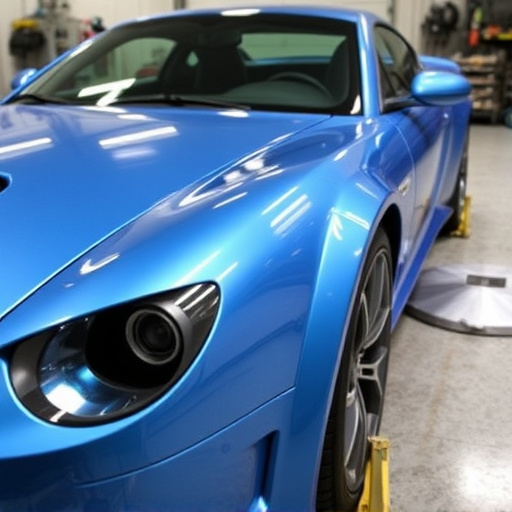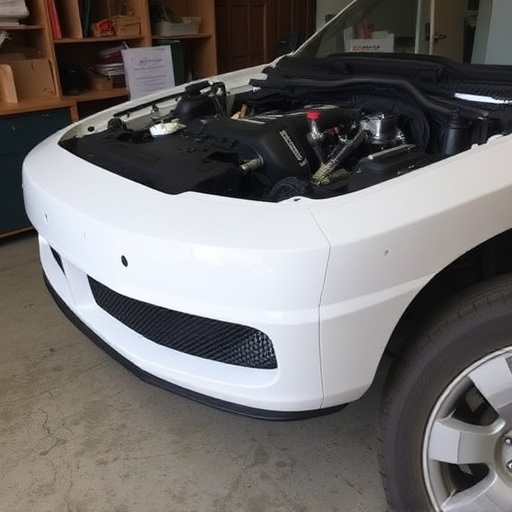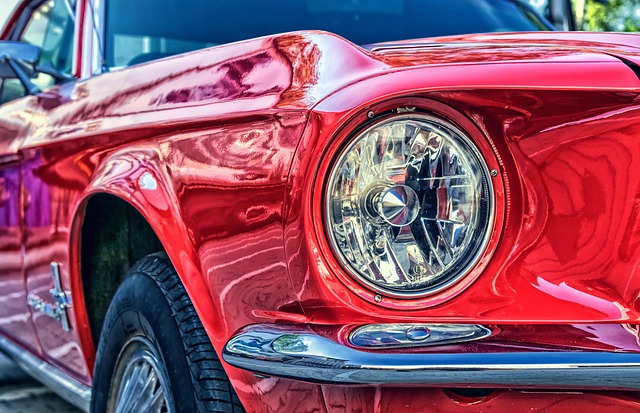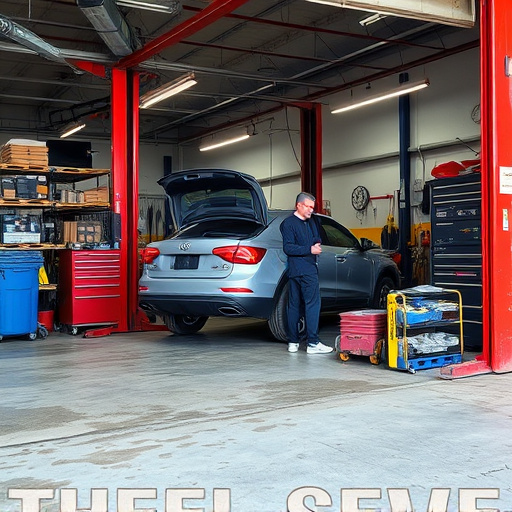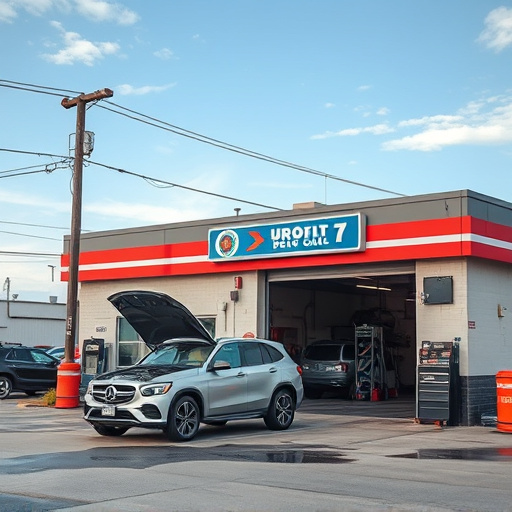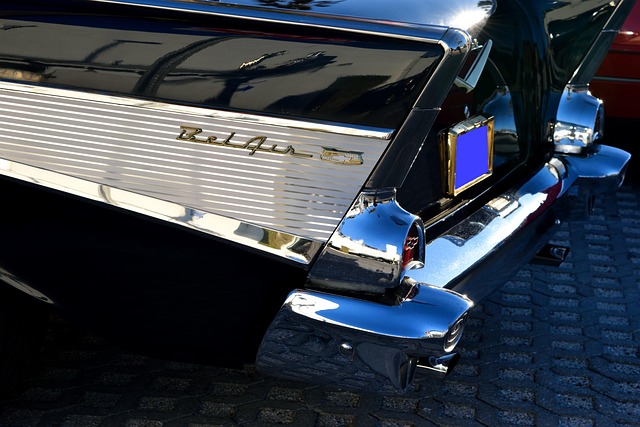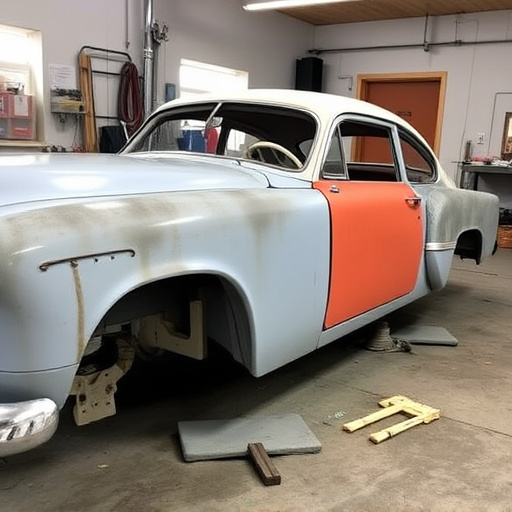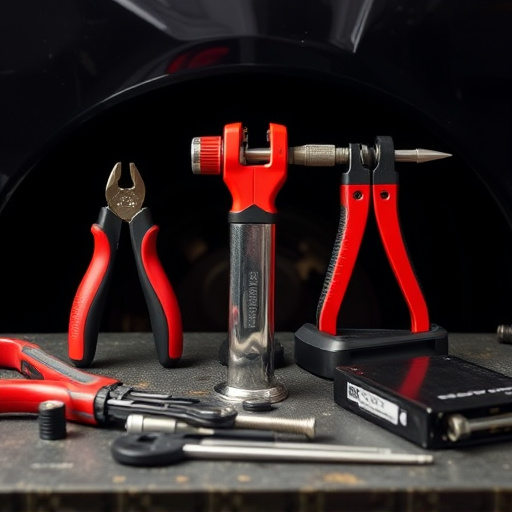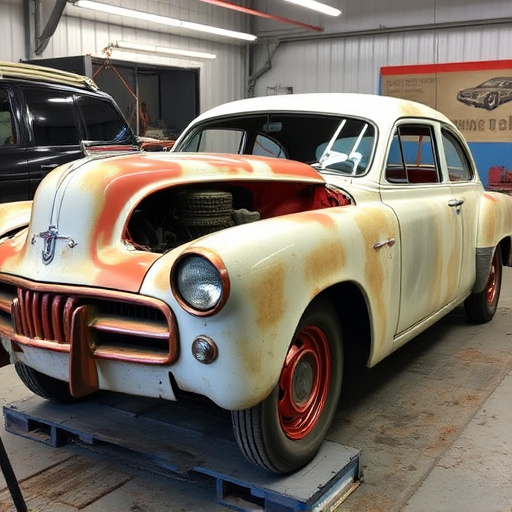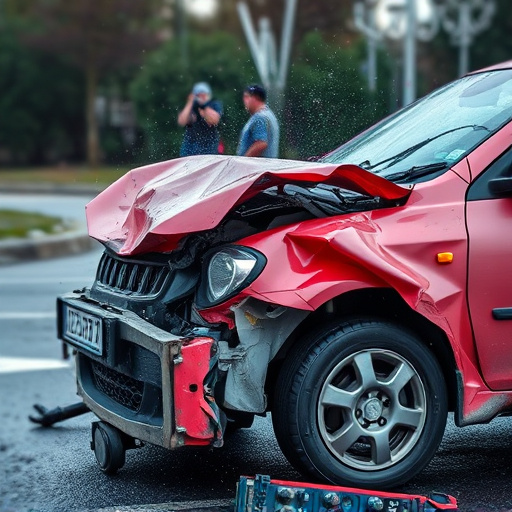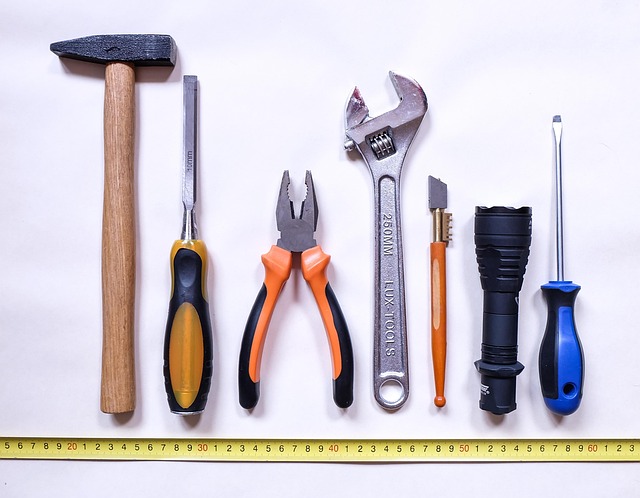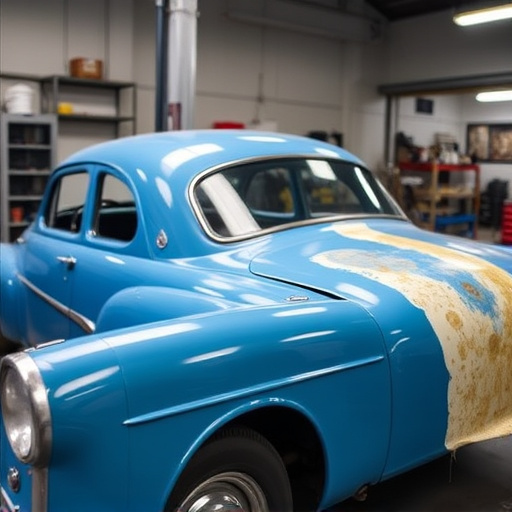Regular vehicle paint inspections are crucial for maintaining and maximizing car resale value. By identifying minor issues early, such as chips, scratches, or fading, you enhance a buyer's perception of the vehicle's condition. These checks involve evaluating gloss, finish, defects, and rust/corrosion beneath the paint, addressing damage to avoid impacting future sales and ensuring proactive auto maintenance.
Vehicle paint inspection is a crucial step in maintaining and maximizing resale value. By delving into this meticulous process, car owners can uncover hidden damage and ensure their vehicle’s exterior remains pristine. Regular paint checks not only enhance aesthetics but also play a significant role in attracting buyers. This article guides you through understanding the vehicle paint inspection process, highlights its benefits for future resales, and offers key aspects to focus on during inspections, ensuring your car maintains its top market value.
- Understanding Vehicle Paint Inspection Process
- Benefits of Regular Paint Checks for Resale
- Key Aspects to Focus During Vehicle Paint Inspection
Understanding Vehicle Paint Inspection Process
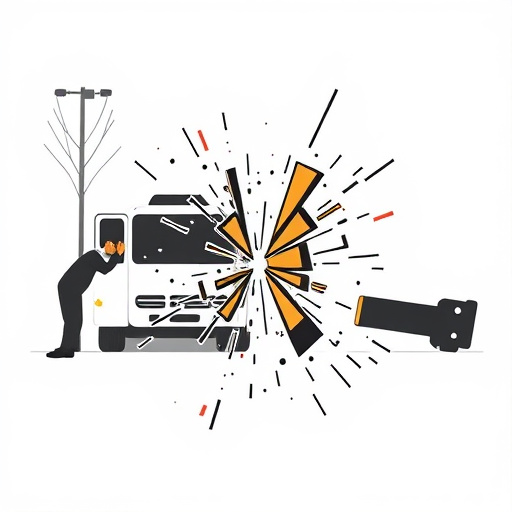
Vehicle paint inspection is a meticulous process that plays a pivotal role in maintaining and preserving a car’s resale value. It involves a comprehensive examination of the vehicle’s exterior, focusing on the condition of its paint job. This includes checking for signs of damage, such as dents, scratches, or chips, which can affect the overall aesthetic appeal. The inspection also assesses the quality of the paint, ensuring it is free from imperfections like runs, bubbles, or uneven application.
During this process, professionals use specialized tools and techniques to evaluate the paint’s integrity. This may include a visual assessment, where experts scrutinize the surface for any discrepancies, followed by more advanced methods like moisture detection to identify underlying issues. Regular vehicle paint inspections are an integral part of vehicle repair services, especially in the context of car restoration, as they help detect potential problems early on. Even minor repairs, such as auto glass replacement, can significantly enhance a car’s appearance and market value.
Benefits of Regular Paint Checks for Resale

Regular vehicle paint inspections are a crucial aspect of maintaining your car’s resale value. By conducting routine checks, you can identify minor issues early on, such as chips, scratches, or fading, which often go unnoticed by casual observers but significantly impact a buyer’s perception. Addressing these problems promptly through quality auto paint services can restore the vehicle’s aesthetic appeal and preserve its overall condition.
These inspections also serve as preventive measures for more extensive and costly repairs in the future. Many potential buyers are deterred by cars with significant cosmetic flaws, which may lead to longer days on the market or lower resale prices. By staying proactive with regular auto maintenance, including paint inspections, you can ensure your vehicle remains in top condition, attracting interested buyers who appreciate a well-maintained car and are willing to invest in its continued care.
Key Aspects to Focus During Vehicle Paint Inspection

During a vehicle paint inspection, several key aspects must be carefully evaluated to determine the overall condition and potential resale value. Firstly, assess the paint’s gloss and finish; a smooth, even surface indicates proper maintenance and can significantly impact the car’s overall aesthetic appeal. Inspect for any signs of chipping, bubbling, or orange peel texture, as these defects not only detract from the vehicle’s appearance but also suggest poor repair work or subpar painting techniques.
Additionally, look for uniform paint thickness; inconsistencies may point to previous repair attempts, especially if there are noticeable differences in color or texture between areas. Check for signs of rust or corrosion beneath the paint, as these issues can weaken the metal and compromise structural integrity. Car scratch repair and frame straightening may be necessary if damage goes beyond the surface, affecting the vehicle’s resale value.
Vehicle paint inspection is a crucial step in maintaining and preserving a car’s resale value. By regularly checking for dents, scratches, and paint inconsistencies, potential buyers can be assured of the vehicle’s overall quality and condition. This process not only protects the seller’s investment but also ensures that any necessary repairs are made promptly, enhancing the car’s market appeal. Incorporating thorough vehicle paint inspection into your routine maintenance regimen is a strategic move to maximize resale value over time.
